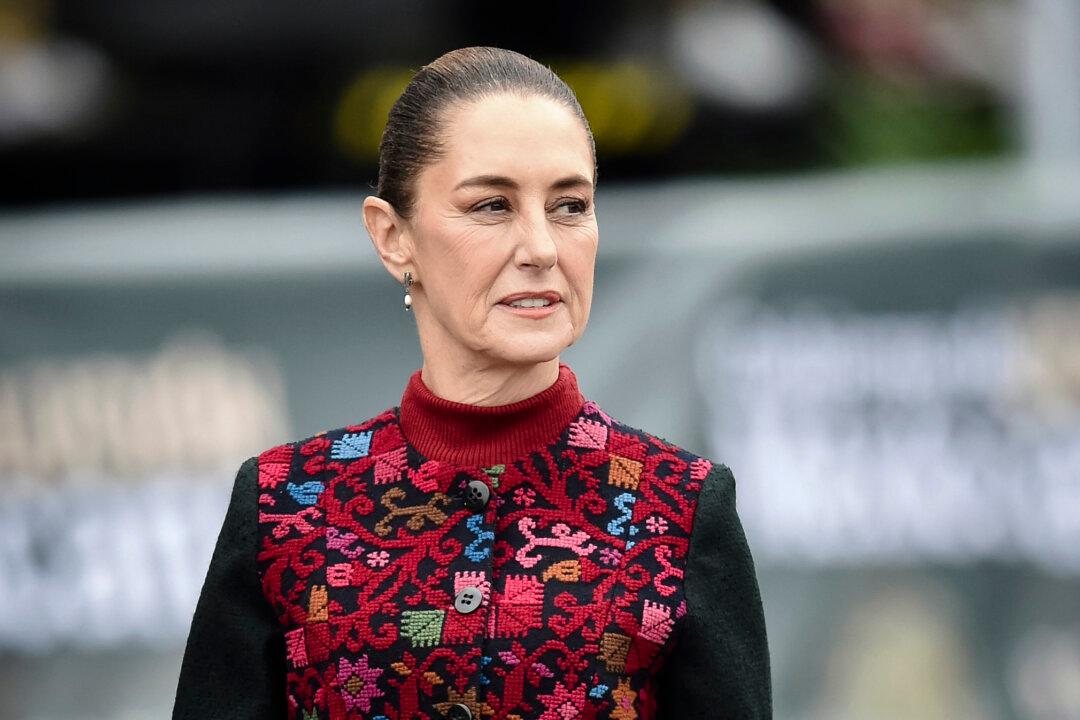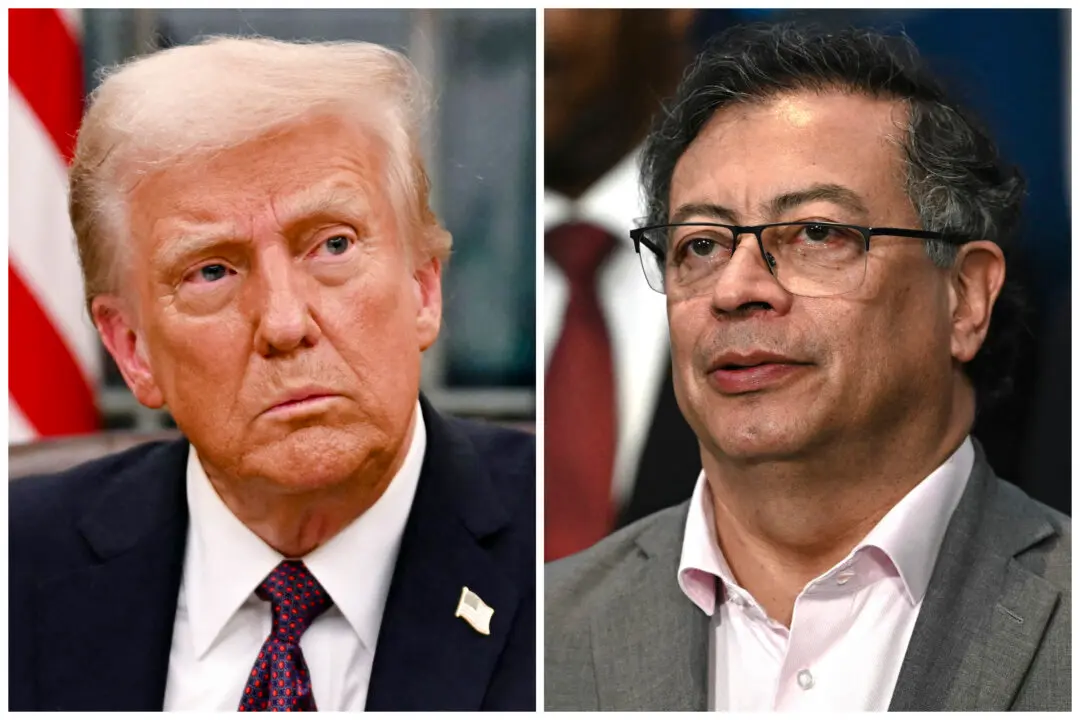Mexican President Claudia Sheinbaum announced that her administration will implement retaliatory tariffs against the United States Saturday night after President Donald Trump imposed 25 percent tariffs on Mexican imports into the United States earlier in the evening. He also imposed a 25 percent levy on Canada and 10 percent on China.
The U.S. tariffs are scheduled to start on Feb. 4.





